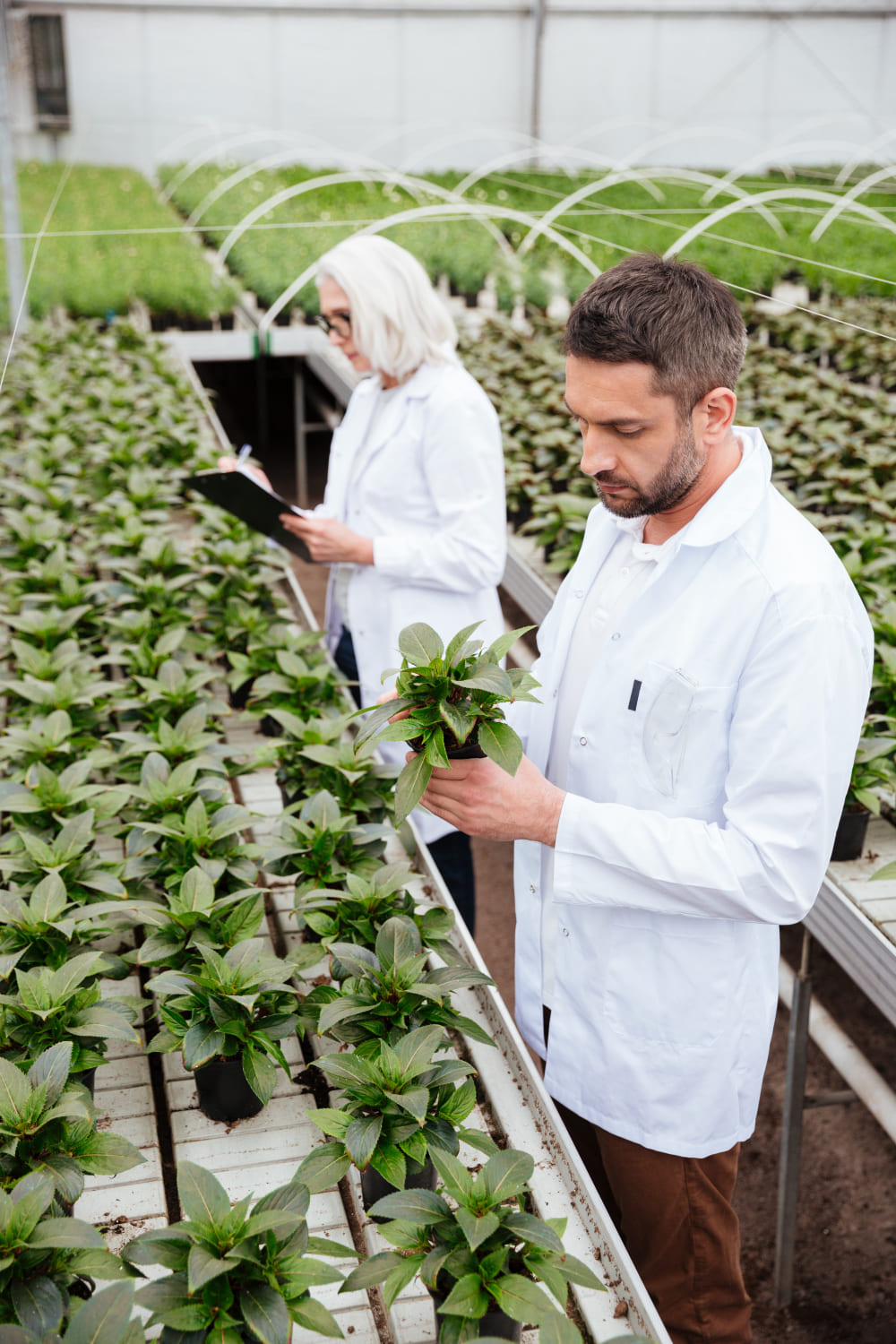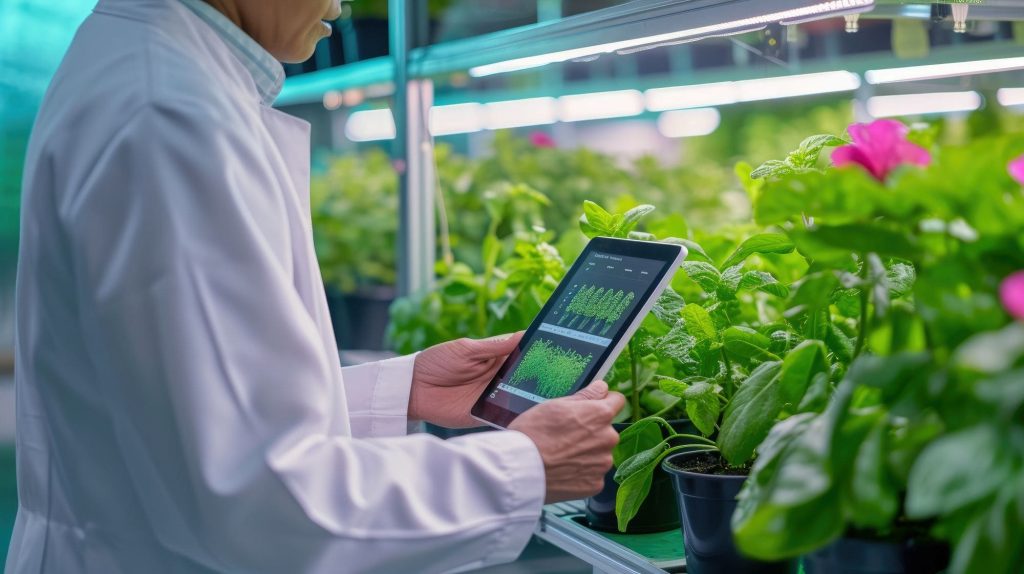
Natural Bio-Based Solutions
Naturally cultivated plant products combined with bio-based solutions use renewable, biodegradable resources to create eco-friendly alternatives in various industries.

Biofertilizers: Microbial formulations that enhance soil fertility.
Biopesticides: Natural substances derived from plants, bacteria, or fungi that protect plants from pest

Polylactic acid (PLA): A plastic alternative derived from corn starch or sugarcane
PHA (Polyhydroxyalkanoates) A biodegradable plastic produced by bacterial fermentation of sugars or lipids

Phytochemicals: Compounds like curcumin (from turmeric) or resveratrol (from grapes)
Antibiotics and Antifungals: Derived from natural sources like fungi (penicillin) or bacteria, they are often used as a safer alternative to other derived products

Plant-based oils and extracts: Ingredients like jojoba oil, aloe vera, and shea butter are used for moisturizing and antioxidant effects
Biodegradable packaging: made from natural polymers like cornstarch or cellulose that decompose naturally.
Probiotic-infused products: Incorporate beneficial bacteria to promote skin health and balance the microbiome
Blockchain Agri-Technology Applications
Blockchain agriculture technology utilizes blockchain’s decentralized ledger system to manage and track agricultural processes, data, and transactions with transparency, security, and immutability

Agri-Technology Today
AI Algorithms: Analyze Data
Sensors: Measure Temperature
CO2 Sensors: Monitor CO2 levels and automatically inject CO2 when greenhouse levels drop.
Drip Irrigation with Sensors
Hydroponics/Aeroponics
Smart LED Grow Lights
Drones & AI Imaging
Robotic Plant Care
Predictive Analytics: AI models
Machine Learning Algorithms: Suggest ideal planting times, fertilization
And water needs.
Automated agreements or contracts can be executed when certain conditions are met (e.g., a payment is automatically made when a shipment of goods arrives), reducing the need for intermediaries.
Farmers can record data about their crops, soil conditions, and other farm inputs securely on a blockchain. This data can then be accessed by authorized parties, such as buyers, regulators, or certification bodies.
Small farmers who might not have access to traditional banking can participate in blockchain-based financial systems. They can receive payments or loans through cryptocurrencies or tokens tied to their farm’s production.
Blockchain can certify that farming practices comply with organic or ethical standards, allowing consumers and businesses to verify the authenticity of these claims.

Agri-adore is an American company with strong local roots, a dedicated cultivation team, and a growing global presence.
Business Address –
Agri-Adore Natural Product Co.
301 S McDowell Street
Suite 125-2254
Charlotte, NC 28204
Agri Adore Natural Products Co.
8 The Green #18710
Dover, DE 19901, United States
Kenya Operations:
Nairobi Kenya
Business Phone